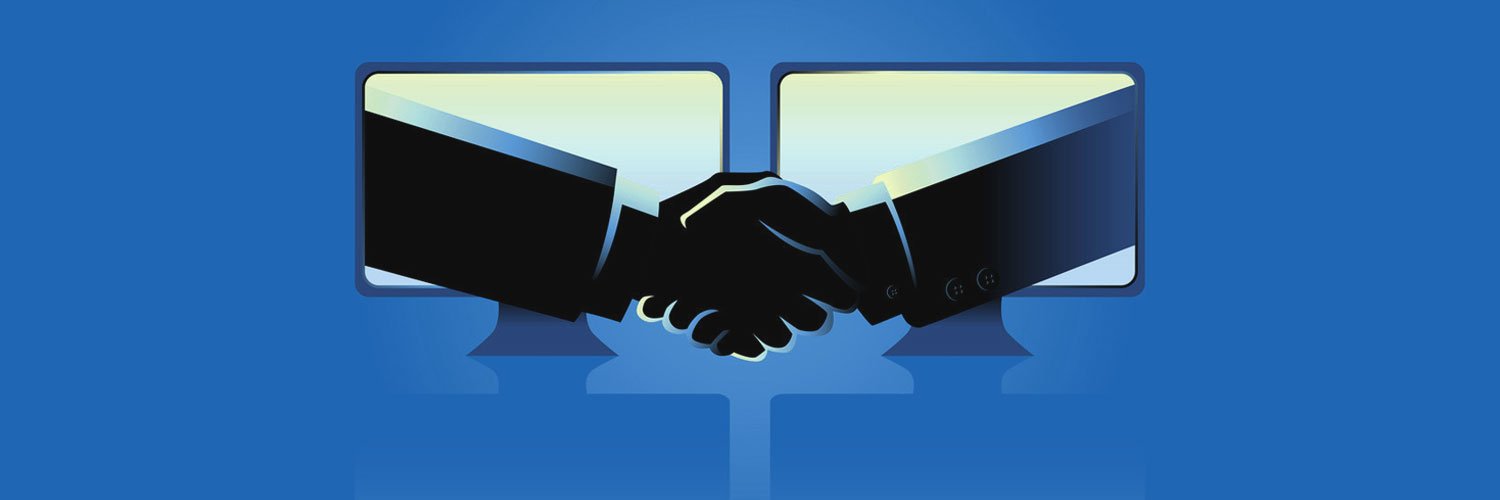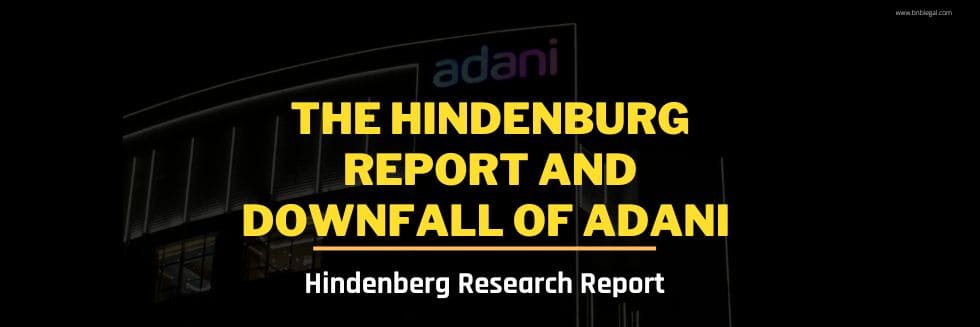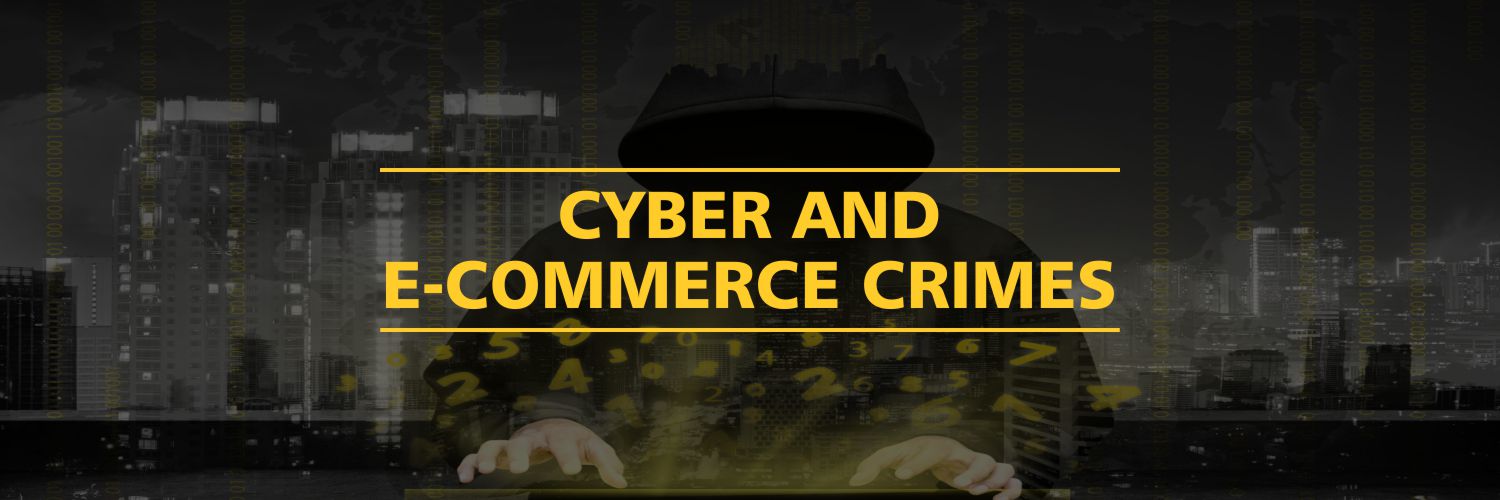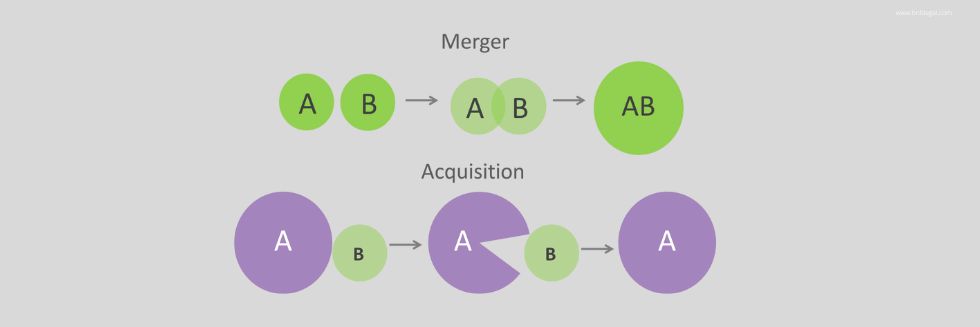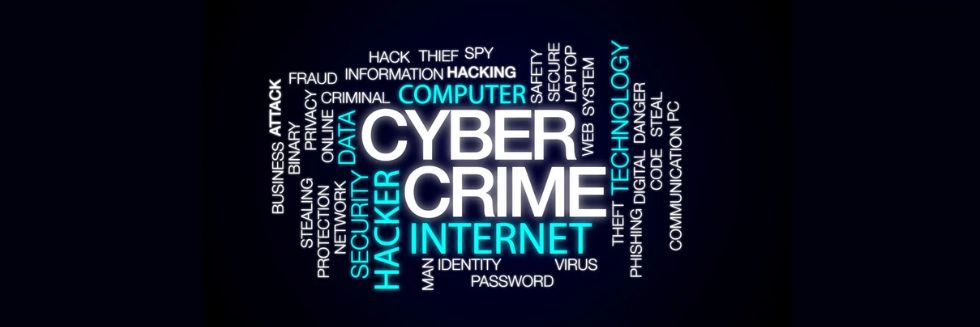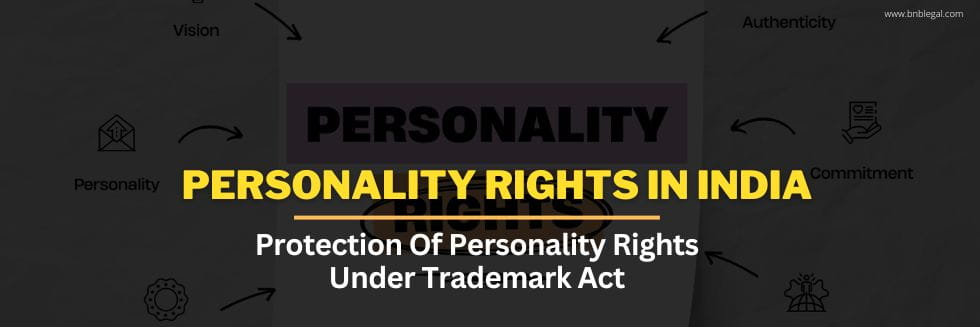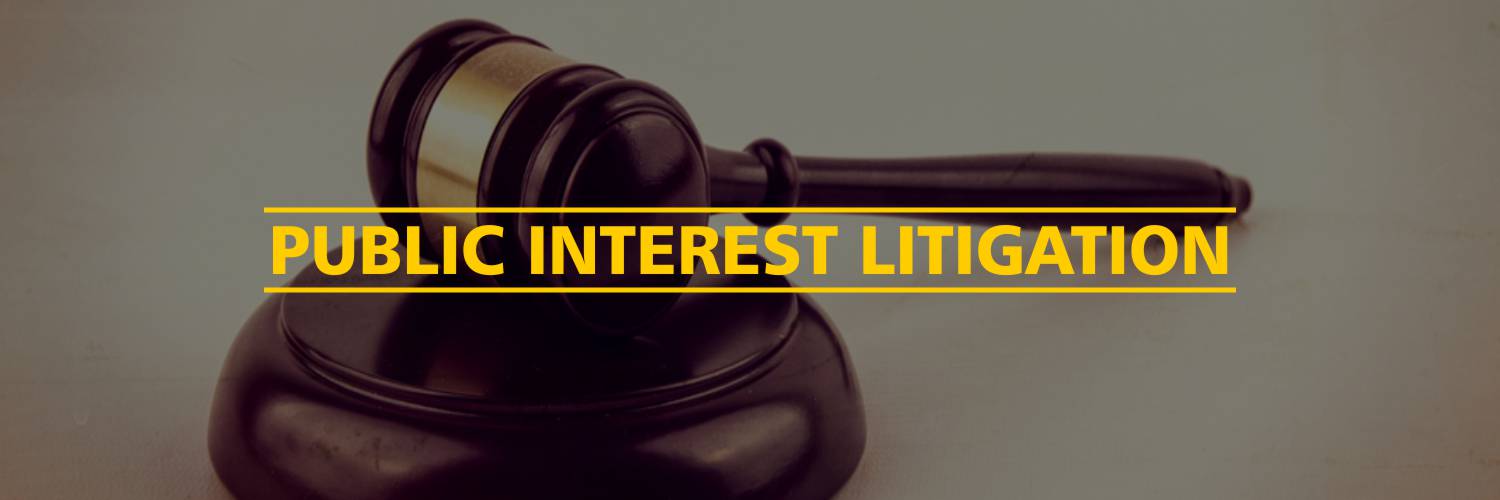Many companies already run their day-to-day operations using cloud-based applications. On the other hand, recent stories on hacks and data breaches have shown the insecurity of information systems. SaaS is one of a new type of technology services offered by various companies for stronger network security, greater collaboration and various additional features. Legal terms and conditions of a SaaS agreement are laid out by Software companies to their clients. In this article, we are going to try and enumerate what clients need to go through before they become customers for a SaaS product.
What Is a SaaS Product?
Software as a service (SaaS) is a software licensing and distribution model in which a centrally hosted software is provided to customers through a licensed subscription over the internet. It is also known as on-demand software. In the simplest of terms, SaaS (Software as a Service) are software products that can be accessed through the web. They are stored on a cloud and don’t require any product-specific software to be installed in order to be accessed. Google Apps or Drop Box can be named as SaaS platforms. Netflix is one of the most commonly known examples of a SaaS product.
What Is a SaaS Agreement?
This agreement regulates the provision of software-as-a-service (SaaS) to customers by means of the internet. The agreement is presented in the form of terms and conditions and gives details on how the product is to be used. It includes information such as the privacy policy, termination requirements, disclaimers, restrictions, usage requirements. The provider may also be obliged to provide support services, and to ensure that it complies with certain requirements in relation to the maintenance of the software.
The fundamental obligation of the provider under the agreement is to make its software accessible to the customer via the internet as a service. The customer is granted a licence to use that software, subject to a set of restrictions and prohibitions that can be tweaked for each individual case.
While a lot of clauses are standard, it doesn’t imply that all contracts can be the same. The drafting service needs to tailor service terms for each tool individually else, it may lead to monetarily damaging implications upon the service provider.
The agreement primarily covers:
- The Customer’s rights to use the services and the limitations upon that usage.
- The Provider’s obligation to make its software accessible to the Customer over the internet as a service.
How are SaaS agreements different from Licensing Agreements?
Software license agreements are generally used when a proprietary software is being licensed by the licensor to a licensee. The licensor has an interest in copyrights, patents, trade secrets and other IP rights in the software and related documentation. These agreements are drawn between parties wherein the software has to be physically installed and delivered. A software license is a legal instrument that governs the redistribution or the use of the software itself.
On the other hand, a SaaS license is a legal instrument that governs the software service that a software vendor provides to the user. Thus, the software is never downloaded to the user’s computer because the software remains on the vendor’s computers and is accessed by the user through the Internet. Copyright laws are not invoked since the user does not download a copy of the software to the user’s computer. In the case of a SaaS product, access is provided through the cloud, there is no need for the exchange of physical products or additional hardware.
The SaaS agreement governs the access to be provided to the user by the vendor such that the user can utilize the software service via the Internet during the term of the agreement.
Why do you need a SaaS Agreement?
Prior to stepping into one/ drafting a legal agreement it is important to understand the importance of the agreement.
SaaS agreement is the protective layer that holds the customer accountable and also details the service provider’s obligations to the customer. For a user, it is important to take in to account how their data will be used. In case of a conflict, nobody wants to be put in an uncomfortable situation wherein the terms of the agreement aren’t clear.
It is a widely accepted fact that terms and conditions are in most cases not even glanced upon, it is important as someone who is drafting the agreement to make sure that the details of the agreement are crisp and easily understandable by the customer.
Here are a few standard terms that are to be made clear while drafting a SaaS Agreement.
What data is Being Collected?
The agreement needs to clearly give details on the information that is being stored by the service. It should also include how the data is being stored, information on data encryption and backup.
Who owns the Data? How is it going to be used?
It is important to draw terms such as ownership of data, the data collected and stored by a SaaS product while it’s being used by the customer, what third parties have access to the data, protection of customer data, obligation to destroy data in case the software is no longer being used by the customer. Liability on the service provider in case of a data breach.
Who has the License? Who can access?
This clause has the potential to drive the entire contract, it’s the clause that lays out how a customer is allowed to use a contract. This condition varies according to the service provider and can severely impact the monetary compensation received by the service provider of the product.
Under most contracts, it is provided that the customer does not have ownership of the product rather, they are provided with a license to use their software. Additionally, it details how many people can access the product per license.
A price can be set on a pay-per-user format wherein companies purchase licenses in bulk for individual members working in their organisation. Other service providers can offer the service on a set flat rate. It is extremely important for a customer to look into the definition of a user and make sure they have the correct number of users for a license.
What are the Pricing terms?
The agreement needs to specify their cost, what is included in the cost, whether product is licensed in billing cycles (daily, weekly, monthly, quarterly, annually), product can also be priced on a project basis.
When will the license be terminated? What are the requirements for renewal?
It is extremely important for a service provider to lay out conditions in case the software is no longer required by the customer. The agreement needs to provide details on how to proceed with cancellation and the conditions attached along with it. Additionally, detail what happens to user data in case the customer cancels their license.
The contract should also make clear the requirements for a renewal if in case the customer wants to purchase a license again.
Master agreement language
Most agreements will include language that makes this document the master document for all services you offer so you do not have to negotiate or sign a completely new contract every time a customer wants to renegotiate or change the services provided.
What is a Service Level Agreement?
SaaS providers can include a Service Level Agreement which enumerates minimum performance standards, with respect to service availability and other provisions depending upon the kind of service that is being provided. It helps the customer trust the service provider in regards to competency of the service. The SLA sets a minimum performance standard for a SaaS. Performance standards are generally related to service availability. In this part of the agreement, you can set your service’s uptime percentage for services that are critical to business operations.
Conclusion
The SaaS products can help increase productivity and operational efficiency enabling the organization to focus on growth. A SaaS agreement is designed to be a comprehensive document and as such, software providers should pay careful attention to the multiple aspects of the agreement that set out liability and obligations. Failing to include or properly define a crucial clause can have serious legal implications on a business’ risk, reputation and commercial relationships.
This article is written by Shloka Suda. The author can be contacted via email at shloka@bnblegal.com
For more information and professional consultation regarding corporate matters, our expert corporate lawyers in Chandigarh can be contacted from Monday to Friday between 10:00 am to 6:00 pm and between 10:00 am to 2:00 pm on Saturdays.
